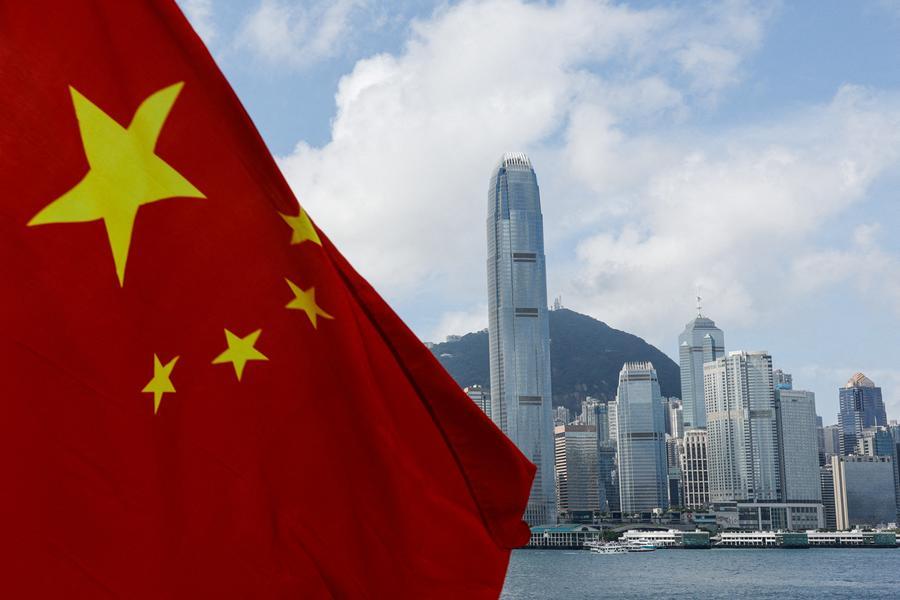Nigerian President Bola Ahmed Tinubu and Chinese President Xi Jinping have overseen the signing of multiple Memoranda of Understanding (MOUs) aimed at strengthening ties between their nations, particularly through the Belt and Road Initiative.
These agreements were finalised during President Tinubu’s official visit to China, ahead of the 2024 Forum on China-Africa Cooperation Summit, which runs from 4-6 September 2024.
Among the key MOUs signed was a cooperation plan promoting the Belt and Road Initiative, which aims to enhance connectivity and cooperation across Asia, Europe, and Africa. In addition, Nigeria and China signed agreements on peaceful nuclear energy applications and a human resource development partnership under the Global Development Initiative.
Further cooperation was solidified in the media sector, with an MOU focused on media exchange and collaboration between China Media Group and the Nigerian Television Authority.
Ajuri Ngelale, the Special Adviser to the President on Media and Publicity, highlighted that earlier in Beijing, President Tinubu visited the China Railway Construction Corporation (CRCC). During this visit, the President praised the company’s role in Nigeria’s infrastructure development, particularly its ongoing railway projects.
President Tinubu reassured Nigerians that the Ibadan-Abuja-Kaduna-Kano railway segments would be completed to benefit both Nigeria and the wider West African region. He also expressed Nigeria’s readiness to support Chinese investments in solid minerals and other sectors.
CRCC Chairman Dai Hegen informed the President that the company has been active in Nigeria for 43 years, executing over 300 projects and training more than 100,000 local workers. Notably, the Abuja-Kaduna and Lagos-Ibadan railways have transported 9 million passengers and 180 tonnes of cargo, with the Lagos Blue Line serving over 1.6 million passengers.
In another engagement, President Tinubu visited Huawei Technologies’ Beijing Research Centre, where the company announced the launch of “DigiTruck,” a mobile ICT classroom designed to boost digital literacy in underserved Nigerian communities. This initiative, operating in 10 states annually, aims to train at least 3,000 students each year.
Huawei’s Chairman, Mr. Liang Hua, praised Nigeria’s efforts to train 3 million technical talents through its Ministry of Communications, Innovation, and Digital Economy. The DigiTruck initiative is set to complement this programme, aligning with the President’s Renewed Hope Agenda, which emphasises digital technology as a key driver of economic growth.
Mr. Chris Lu, CEO of Huawei Nigeria, also expressed support for Nigeria’s National Talent Export Programme (NATEP), which seeks to position Nigeria as Africa’s talent outsourcing hub. He added that Huawei plans to further develop its operations in Nigeria, facilitating more opportunities for Nigerian technology talents across African markets.
During his tour of the Huawei Research Centre, President Tinubu and his delegation were introduced to cutting-edge innovations in e-government, smart education, smart grids, and solar power, all of which have the potential to significantly enhance public services and digital governance in Nigeria.
In line with these efforts, Huawei plans to establish a joint photovoltaic (PV) test lab in partnership with Nigeria’s Rural Electrification Agency (REA), further cementing the partnership between the two nations.

